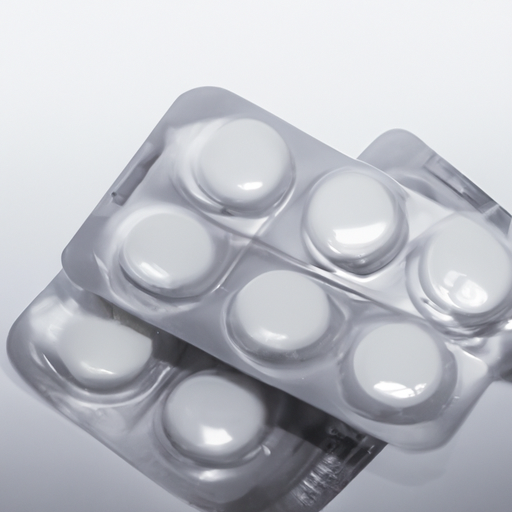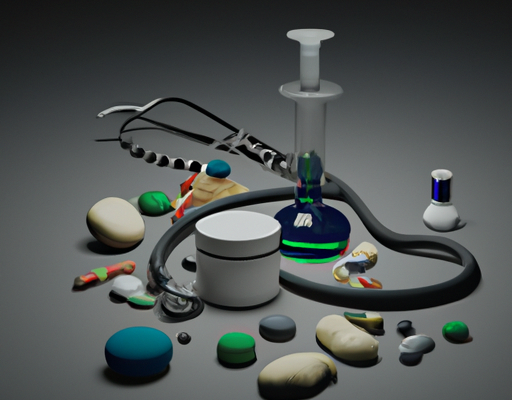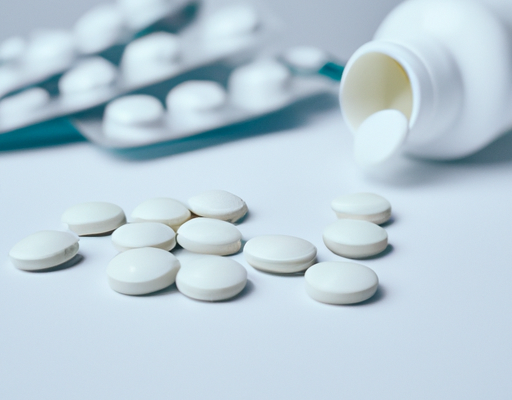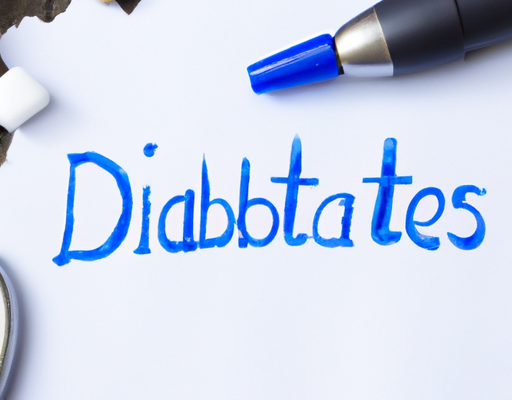What causes pimples
Pimples, also known as acne, are an incredibly common problem for many people. While most of us have experienced the occasional pimple or blemish, some people are prone to more severe acne. So what causes acne?
- Excess oil production: Too much oil (sebum) can block pores, trapping bacteria and dead skin cells.
- Hormonal changes: During puberty, increased hormone levels can trigger an increase in oil production and lead to the development of acne.
- Genetics: Some people are genetically predisposed to having more sensitive skin and more severe acne.
- Stress: Stress can affect hormone levels, which can also contribute to acne.
- Medication side effects: Certain medications, such as corticosteroids, can cause acne.
These are some of the most common causes of acne. It is important to remember that while some people may be more prone to acne due to their genetics, lifestyle and environment can also play a role.
How popping affects pimples
Popping pimples can be tempting, especially when they’re really annoying and visible. After all, squeezing and popping can seem like the quickest way to make them go away. However, popping pimples can actually do more harm than good, as it can lead to painful, long-lasting scarring and even spread bacteria to other parts of your face. It is best to leave them alone and let them heal naturally. Popping pimples can cause inflammation from the bacteria that is released, which can lead to the formation of deeper and more painful cysts or nodules. In some cases, popping can also cause the bacteria to spread, leading to more pimples. Furthermore, scarring and hyperpigmentation can remain even after the pimple has healed. To ensure healthy skin, the best and safest practice is to resist the temptation of popping pimples, and instead seek advice and treatment from a dermatologist.
Treatments for pimples
Pimples are a common problem for many teenagers and adults, but that doesn’t mean they have to be dealt with in a destructive way. There are many treatments available to help prevent and treat pimples without popping them. Topical products such as Benzoyl Peroxide and Retinoids are commonly used to kill the bacteria that cause pimples. Gently exfoliating the skin can also help remove the dead skin cells that can cause clogged pores and lead to pimples. You may also consider light treatments such as laser or intense pulsed light to help reduce or prevent pimples. Additionally, natural remedies such as tea tree oil and aloe vera gel may help treat and soothe inflamed skin. If nothing seems to be working, speak to your doctor about medical treatments like oral antibiotics or birth control pills. With the range of treatments available, there’s no need to resort to popping pimples.
Preventing pimples
Preventing pimples is the best way to ensure that they don’t require popping. A few key steps can help to reduce the risk of developing pimples in the first place. Keeping the face clean is essential, as dirt and oil can block pores and cause pimples. Washing the face twice a day with a mild cleanser is recommended. Following this, toners, moisturizers, and sunscreens can all help to keep the risk of pimples to a minimum. It is also important to avoid picking or popping existing pimples, as this can cause them to become worse, and lead to further infection. Eating a healthy diet and avoiding too much sugar, dairy and processed foods can also help to keep pimples at bay. Finally, managing stress levels is also important, as increased stress can often be linked to skin problems. By following these steps, it is possible to help keep pimples away and avoid the need to pop them.
Alternative methods for dealing with pimples
When it comes to dealing with pimples, popping may seem like the only way to get rid of them. However, there are other more effective and healthier alternatives. Here are some of the best methods for dealing with pimples without popping:
- Cleanse the affected area regularly. Wash the area with a mild cleaner twice daily.
- Apply an acne cream or gel. These topical medications can help to reduce the size and redness of the pimple.
- Apply a warm compress. Use a clean cloth soaked in warm water to apply to the area for about five minutes.
- Apply an exfoliating scrub. You can use a store-bought scrub or make your own with baking soda and water.
- Use natural remedies. Some natural remedies that can help reduce the size and redness of pimples include tea tree oil, honey, and aloe vera.
By following these alternative methods for dealing with pimples, you can reduce their size, redness, and inflammation, without causing any unnecessary damage to the skin.
Summary
Having pimples on the face can make an individual feel unattractive and insecure. But, there are ways to get rid of pimples without having to pop them. Here is a summary of the steps you can take to make them go away:
- Clean the area with a gentle cleanser.
- Apply a light moisturizer.
- Try using gentle exfoliation.
- Avoid touching the affected area.
- Try using acne-fighting products.
- Eat a balanced diet.
These steps can help reduce the appearance of existing pimples and prevent new ones from forming. When it comes to skin health, it’s important to be consistent and have patience, since healthy skin often takes time to develop.





No Comments